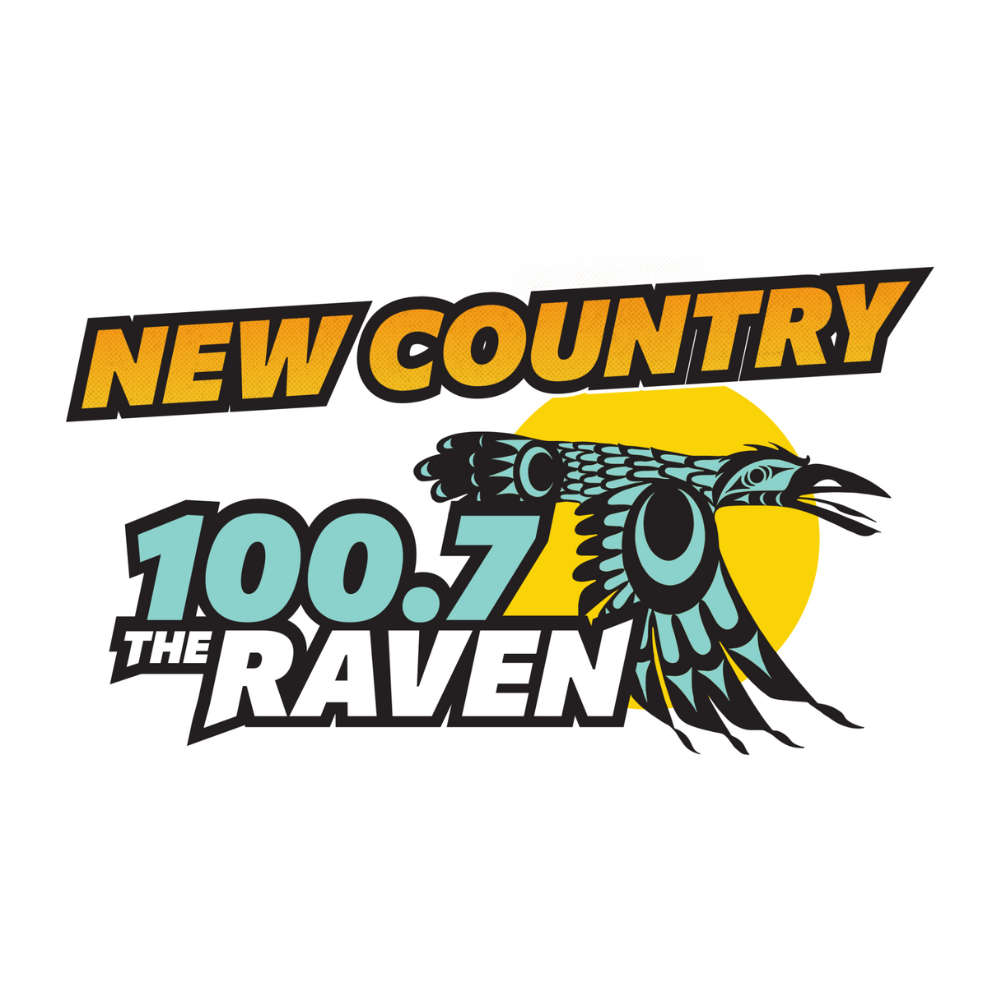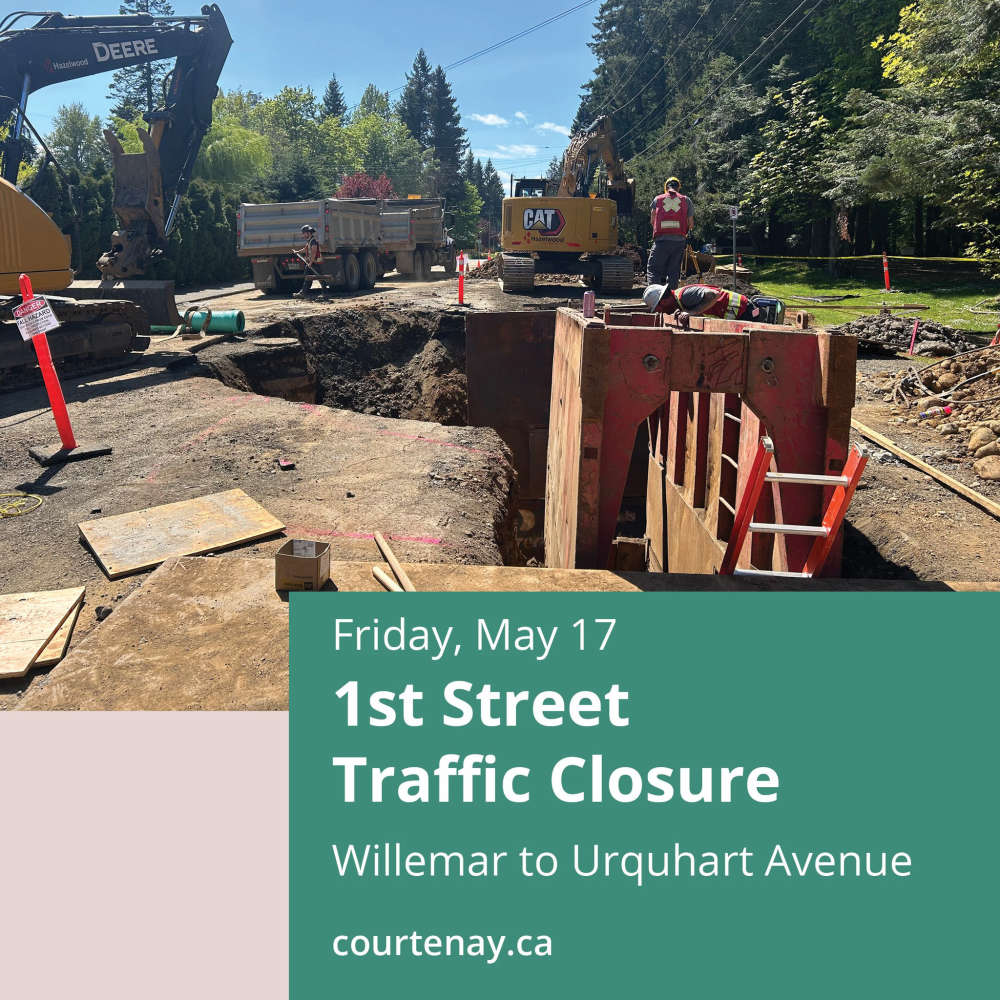
The province says it's taking action to bring fairness and predictability to app-based ride-hailing and food-delivery gig workers.
“The workers who appear at the touch of a button to drive us home or deliver our dinner deserve to be treated fairly,” said Harry Bains, Minister of Labour.
“That’s why we’re taking action to address the problems that the workers themselves raised. We know how important these services are to people in B.C. and our goal is to balance the needs of workers while supporting the continuation of these services.”
They will soon have better working conditions with new protections, including basic employment standards.
With significant growth of the gig economy over the last several years, the Province says it's taking action to bring fairness and predictability to these types of jobs with new proposed standards as the sector continues to expand.
Many gig workers say they value the flexibility of the work, but express concerns such as facing low and unpredictable wages, being cut off from the job without warning and lacking workers’ compensation coverage if injured on the job.
The government says the solutions require legislative changes that enable new regulations to be developed. They’ll come into effect after legislation is passed and new regulations are finalized.
The province estimates there are currently about 11,000 ride-hailing drivers and 27,000 food-delivery workers in B.C.
The United Food and Commercial Workers Union says the announcement could be the first meaningful legislation passed by any provincial government in Canada for app-based workers.
To learn more, visit Government of British Columbia.

 Comox Valley RCMP Say Teenager Found Safe, But Seeking 53-Year Old Missing Man
Comox Valley RCMP Say Teenager Found Safe, But Seeking 53-Year Old Missing Man
 Communities To Celebrate Victoria Day This Weekend
Communities To Celebrate Victoria Day This Weekend
 A Lot To Enjoy At The Comox Air Show This Weekend
A Lot To Enjoy At The Comox Air Show This Weekend
 Road Closure On 1st Street In Courtenay Today
Road Closure On 1st Street In Courtenay Today
 Historic Haida Aboriginal Title Legislation Receives Royal Assent
Historic Haida Aboriginal Title Legislation Receives Royal Assent
